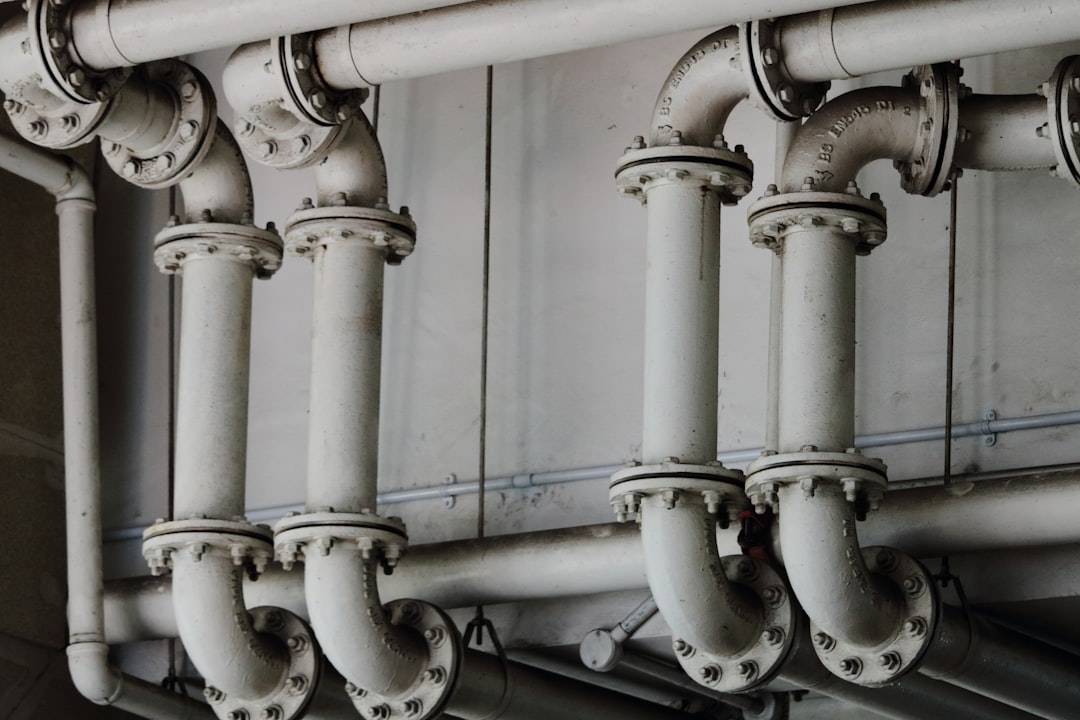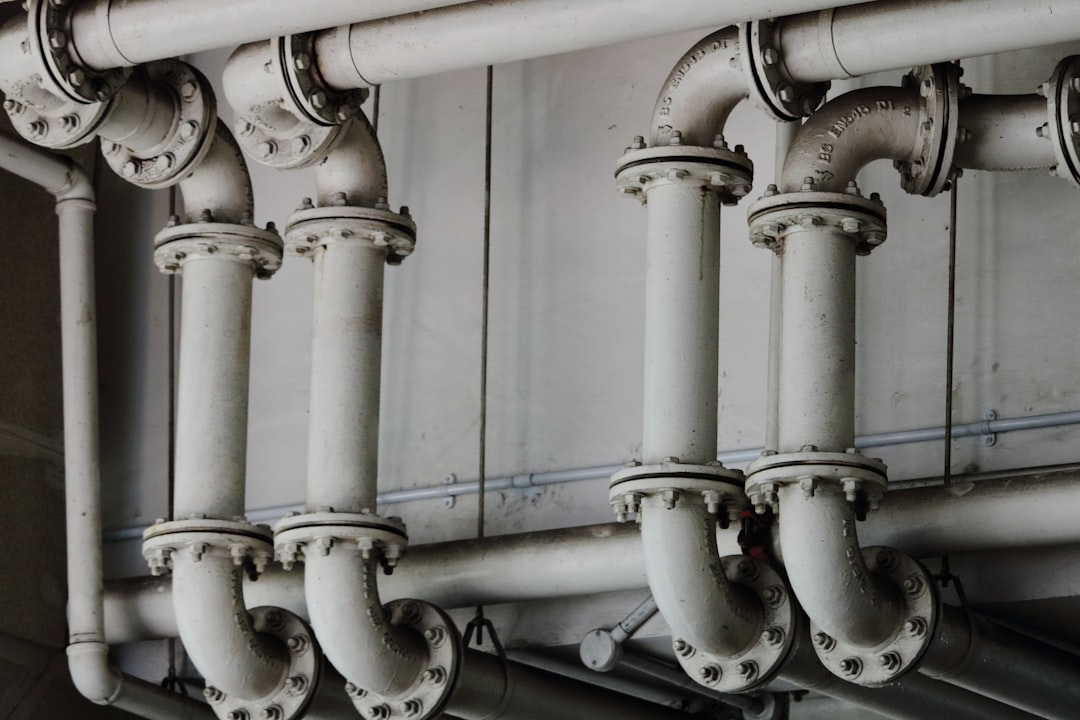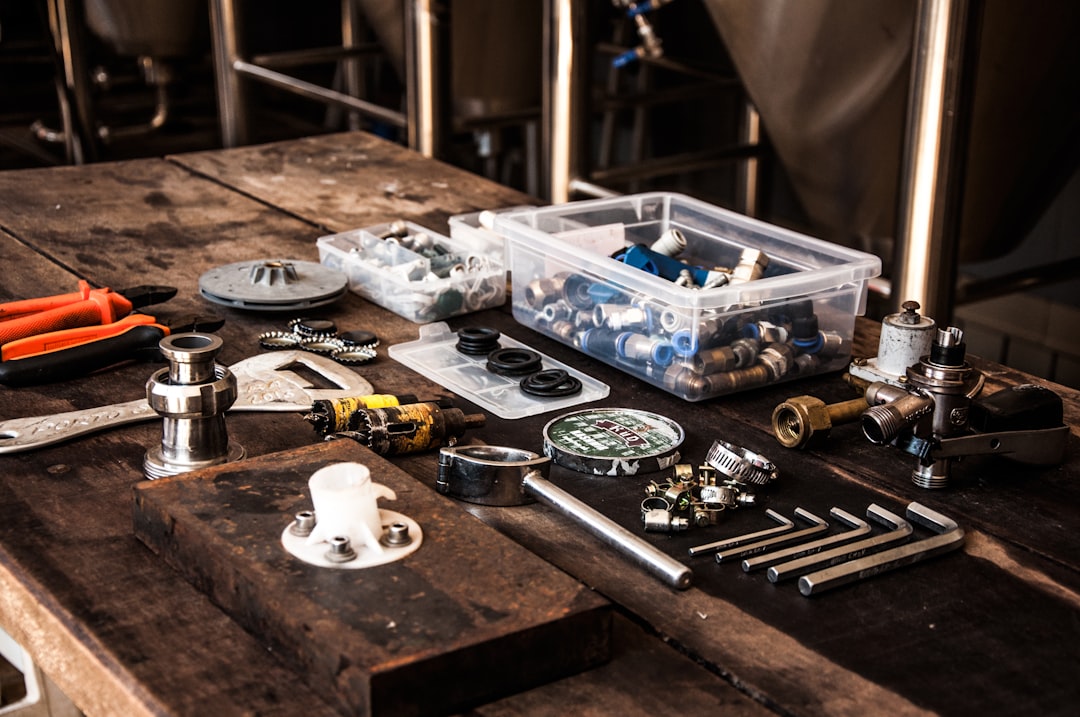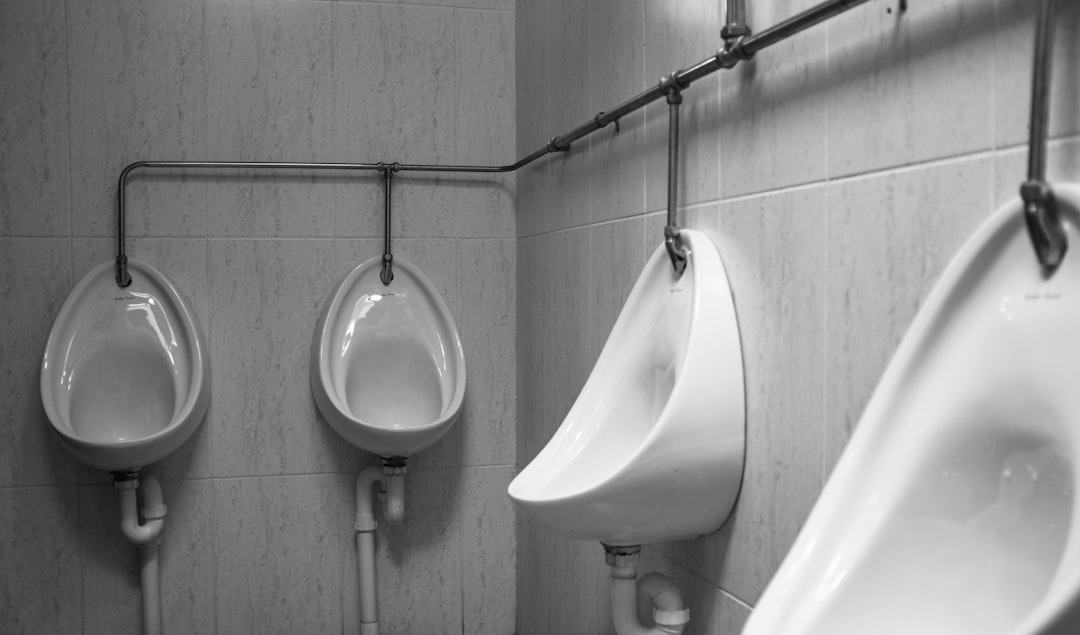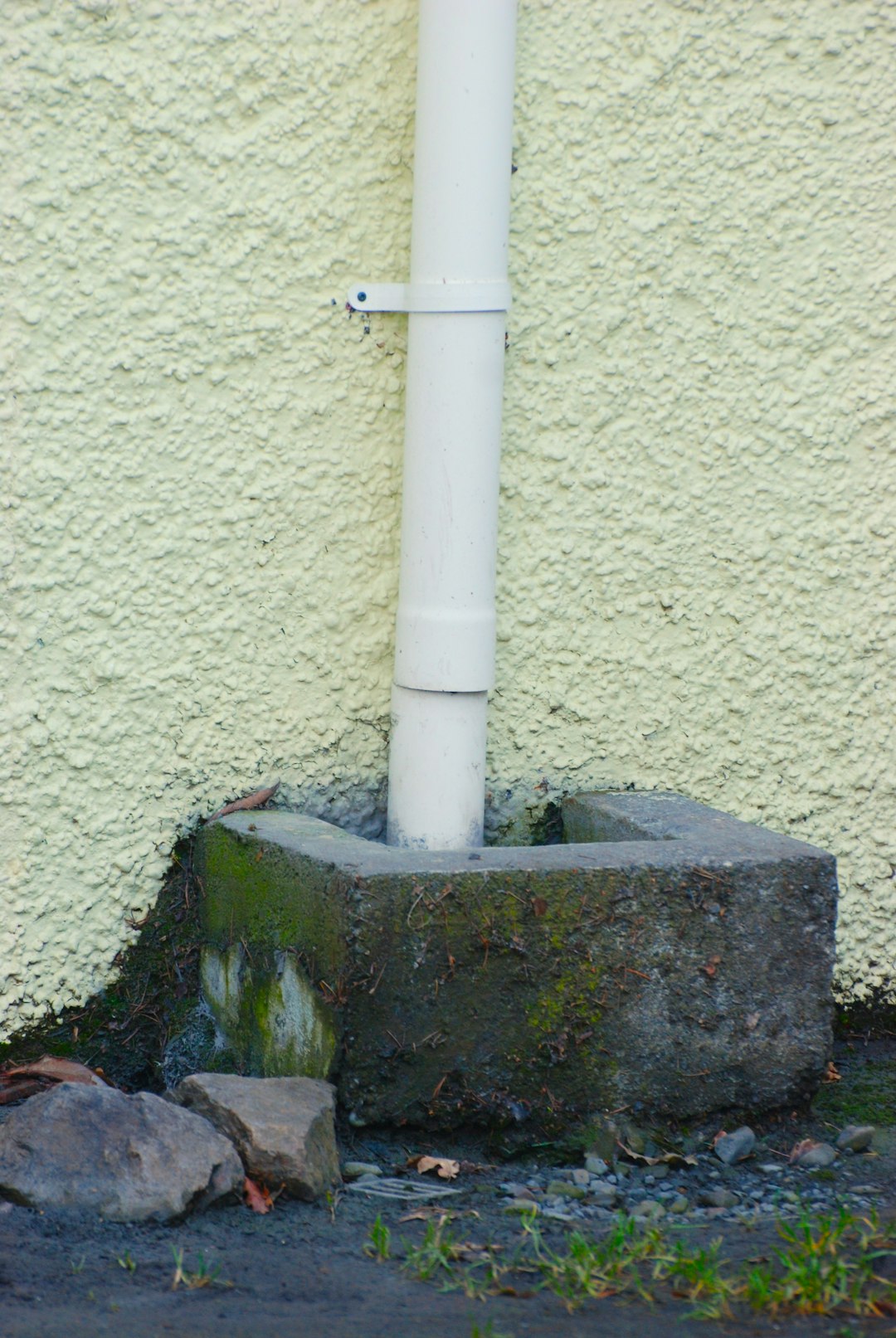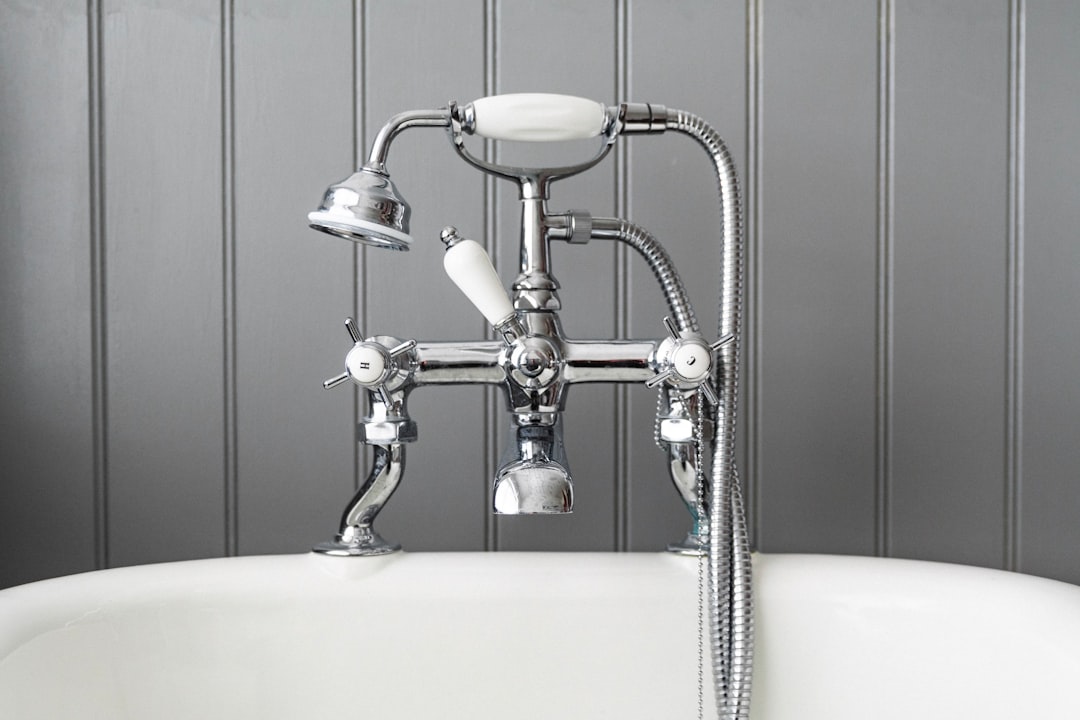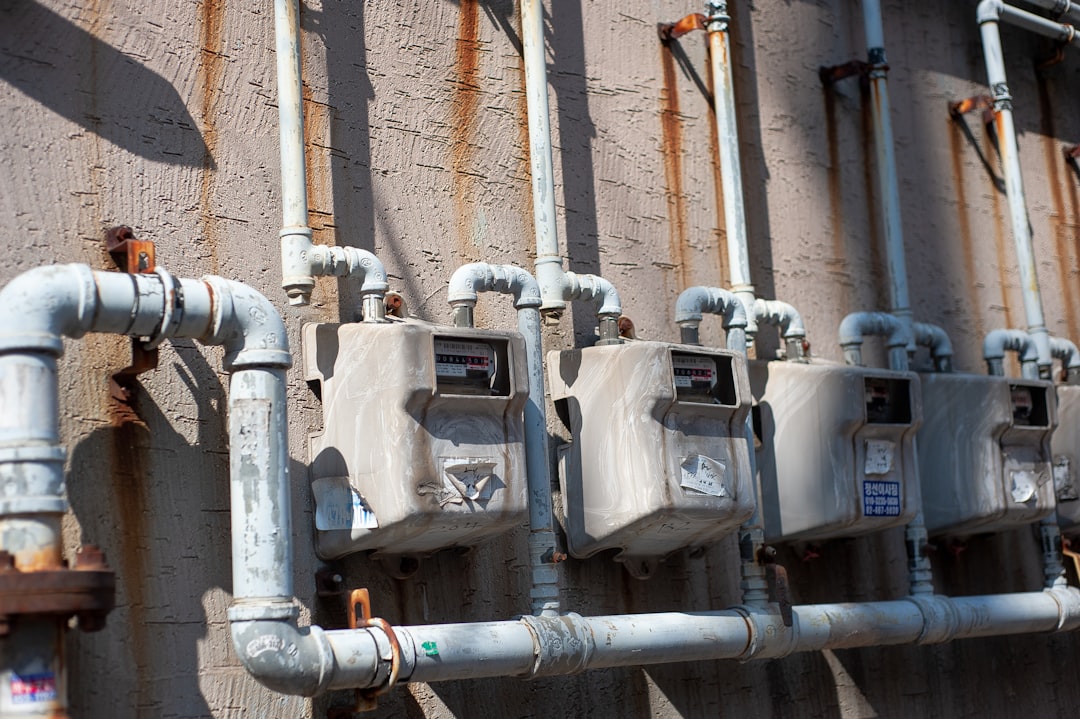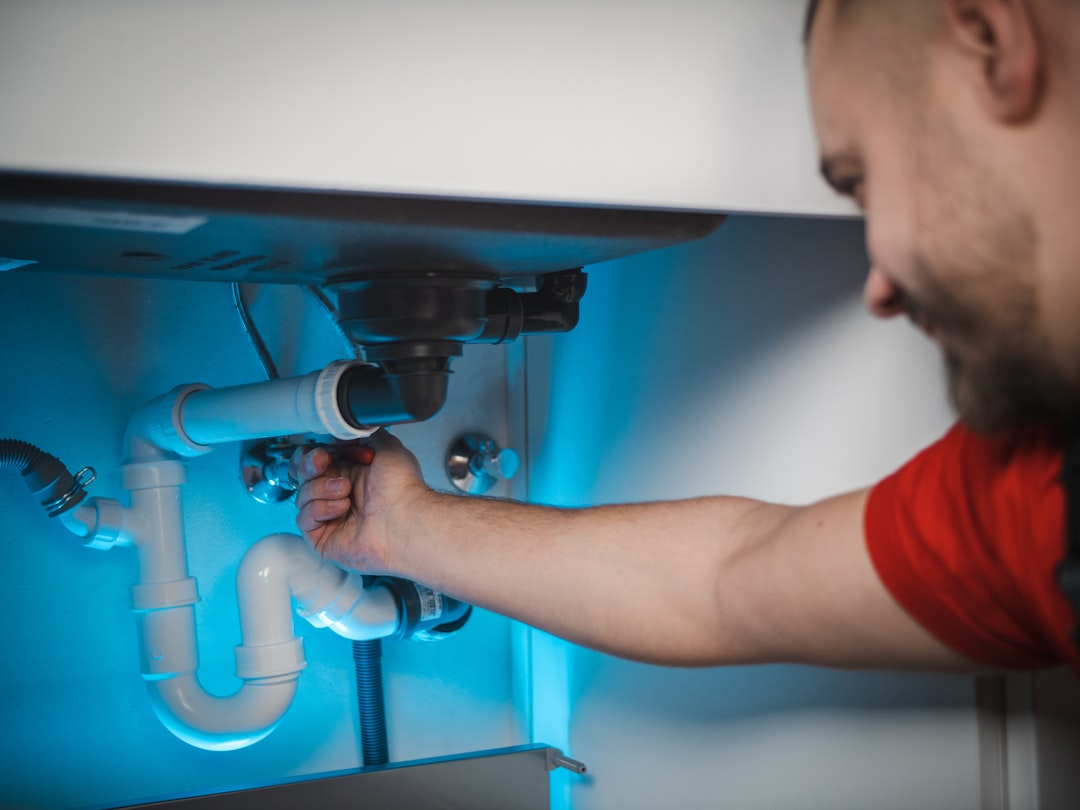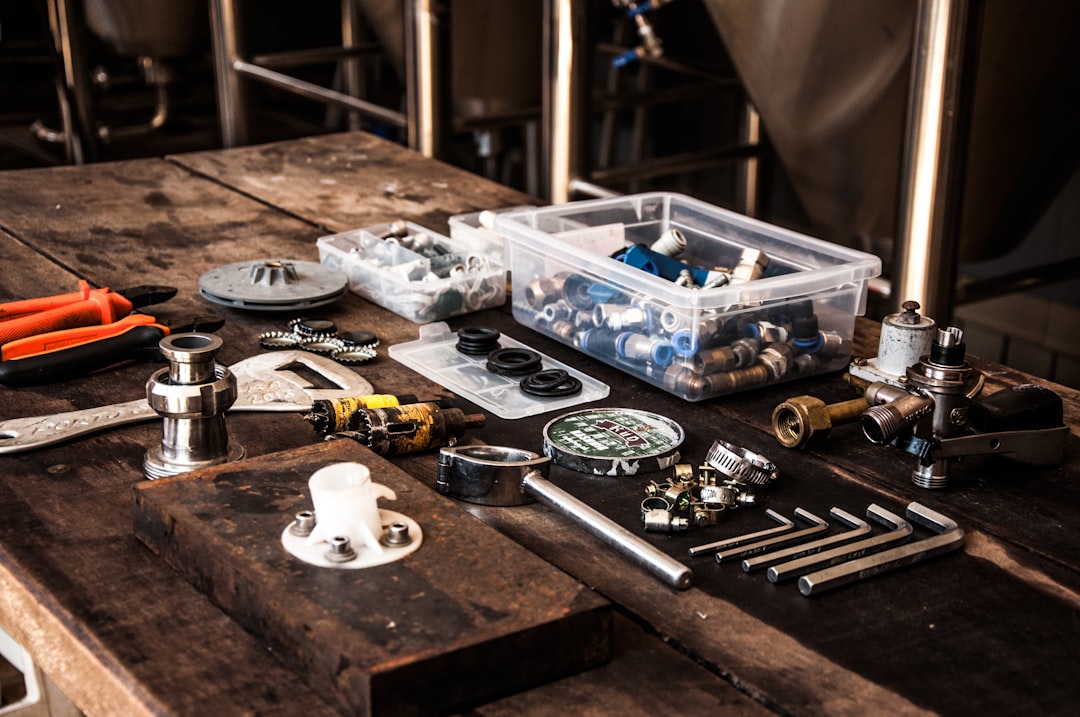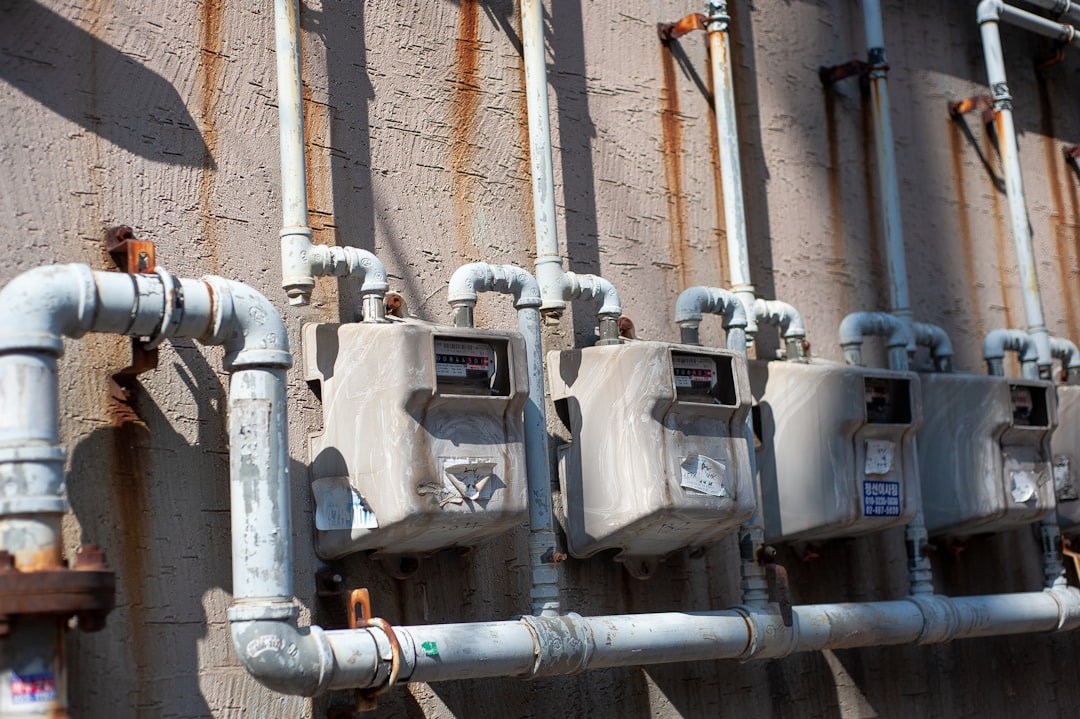Table of Contents
- Introduction
- Definition of a plumbing emergency
- Signs of a plumbing emergency
- Common types of plumbing emergencies
- Immediate actions to take during a plumbing emergency
- When to call a plumbing emergency service
- Cost considerations for plumbing emergency repairs
- Preventive measures to avoid plumbing emergencies
- Importance of professional plumbing solutions
- Conclusion
- Frequently Asked Questions
Introduction
Plumbing issues are often more than just minor inconveniences; they can quickly escalate into full-blown emergencies if left unattended.
From the sudden burst of a water pipe flooding your living room to the quiet yet persistent drip of a leaky faucet that could signal a much larger problem, understanding the signs of plumbing disasters is crucial in maintaining a safe home.
But how do you know when it’s time to call in a professional?
In this article, we’ll delve into the telltale signs that indicate you might be facing a plumbing emergency, ensuring you’re prepared to act before it’s too late.
Don’t wait until water is gushing from your ceiling or an unpleasant odor signals a hidden disaster—arm yourself with knowledge and stay ahead of the problem.
Join us as we explore the critical situations where you shouldn’t hesitate to pick up the phone and call for help.
Definition of a plumbing emergency
A plumbing emergency is typically characterized as any situation that poses an immediate threat to property, health, or safety due to plumbing issues. Common examples include severe leaks or bursts that can lead to extensive water damage, overflowing toilets, or blocked drains that prevent normal use of plumbing facilities. Other emergencies may involve gas leaks from appliances or water heaters, which can create hazardous conditions. In such cases, prompt action is necessary to minimize potential damage and ensure safety.
Additionally, a plumbing emergency can occur when the water supply is compromised, leading to a lack of access to clean water for drinking and hygiene. This situation often requires immediate attention, especially in households with vulnerable individuals, such as the elderly or young children. Recognizing the severity of a plumbing issue is crucial, as some problems may seem minor at first but can escalate quickly if not addressed properly. Homeowners should be aware of these signs and know when to call a professional for emergency plumbing services.
Signs of a plumbing emergency
Recognizing the signs of a plumbing emergency is crucial for homeowners to prevent extensive damage and expensive repairs. One of the most obvious indicators is a sudden increase in water bill without any visible leaks. This can signal a hidden leak or a malfunctioning fixture.
Another sign is water pooling in areas where it should not be, such as under sinks or near appliances. This can indicate a burst pipe or a malfunction in the drainage system.
Additionally, gurgling sounds coming from drains may suggest that sewer lines are clogged, which can lead to backups and overflows if not addressed promptly.
Foul odors emanating from drains can indicate sewage issues that require immediate attention. Finally, if you notice significant changes in water pressure or are unable to access hot water, these could be signs of a plumbing emergency.
Being aware of these signals can enable homeowners to act quickly and seek professional help when necessary, ensuring their plumbing systems remain functional and safe.
Common types of plumbing emergencies
Plumbing emergencies can occur unexpectedly, causing significant damage if not addressed promptly. One common type is a burst pipe, which can lead to flooding and extensive water damage. This usually happens due to frozen pipes or deteriorating materials. Another prevalent emergency is a clogged toilet. When a toilet won’t flush and overflows, it can create an unhygienic situation that requires immediate assistance.
Leaky faucets and pipes are also considered emergencies, especially when they result in substantial water wastage or mold growth. Water heater failures, which can be identified through leaks or a lack of hot water, can disrupt daily activities and should be resolved quickly.
Lastly, sewer backups present a serious health hazard and require urgent attention. It’s crucial to differentiate between minor plumbing issues and emergencies to prevent further damage and ensure safety in the household. Immediate action is key to mitigating these emergencies, often requiring professional plumbing services to resolve the issue effectively.
Immediate actions to take during a plumbing emergency
In the event of a plumbing emergency, immediate action is crucial to minimize damage and ensure safety. The first step is to locate and shut off the main water supply valve to prevent further flooding. Next, remove any valuable items or furniture from the affected area to protect them from water damage. Try to contain the situation by putting buckets or towels in place to catch or absorb excess water.
If the emergency involves a sewer backup, avoid using any fixtures that may contribute to the problem, as this can worsen the situation. If necessary, turn off the electricity in the affected area to avoid electrocution hazards. It’s also advisable to document the damage by taking photos for insurance purposes. After these immediate steps, contact a professional plumber who can assess and resolve the issue efficiently. Remember that quick thinking and action can significantly reduce the severity of water damage and make the situation manageable.
When to call a plumbing emergency service
Determining when to call a plumbing emergency service can save you from significant damage and costly repairs. If you experience a sudden water leak that cannot be easily controlled, it’s essential to contact a professional immediately. This includes situations where water is gushing from a broken pipe or overflowing from a toilet.
Another critical scenario is when you notice a sewage backup. This can pose serious health hazards and should be addressed without delay. If you find that your water supply has unexpectedly stopped, especially in freezing temperatures, you may be facing a burst pipe, which requires urgent attention.
Additionally, if your water heater is leaking or experiencing issues that could lead to flooding, prompt action is necessary to prevent further damage. Lastly, if you detect strong gas odors near your plumbing fixtures, evacuate the area and call emergency services right away. Recognizing these signs can help you take immediate action and minimize damage, ensuring a safe and functional plumbing system.
Cost considerations for plumbing emergency repairs
When facing a plumbing emergency, understanding the cost considerations for repairs is crucial.
Emergency plumbing services often come at a premium compared to regular rates due to the urgency and outside-of-hours nature of the work.
Factors influencing the cost include the severity of the issue, the materials needed for repair, and labor costs.
Common plumbing emergencies such as burst pipes or severe leaks can lead to significant water damage if not addressed immediately, potentially increasing the overall expense.
Homeowners should also consider potential additional costs for follow-up services or preventative measures to avoid future emergencies.
Receiving quotes from multiple plumbers can help in comparing prices, but it’s important to balance cost with the quality of service.
Investing in regular maintenance can help prevent plumbing emergencies and may provide long-term savings.
In summary, being aware of these cost considerations can aid in making informed decisions during stressful plumbing situations.
Preventive measures to avoid plumbing emergencies
Preventive measures play a crucial role in avoiding plumbing emergencies. Regular maintenance of your plumbing system can help identify potential issues before they escalate. One effective method is to schedule routine inspections with a licensed plumber who can check for leaks, corrosion, and wear in pipes.
Another preventive measure is to be mindful of what goes down your drains. Avoid flushing anything other than toilet paper and human waste, as other materials can lead to blockages. In kitchens, be cautious about disposing of grease and food scraps in the sink. Using drain guards can also help catch debris.
Additionally, knowing the location of your main water shut-off valve is essential. In case of a sudden leak or burst pipe, quickly shutting off the water supply can minimize damage. Lastly, insulate exposed pipes during cold weather to prevent freezing and bursting. By implementing these preventive measures, homeowners can significantly reduce the likelihood of plumbing emergencies.
Importance of professional plumbing solutions
Professional plumbing solutions are crucial for maintaining the integrity and functionality of residential and commercial plumbing systems. Plumbing issues can arise unexpectedly, leading to potential damage and costly repairs if not addressed promptly. Engaging qualified plumbers ensures that problems are diagnosed accurately and resolved efficiently.
These professionals have the experience and training to handle a wide range of plumbing emergencies, from burst pipes to severe clogs, using advanced tools and techniques. Attempting DIY solutions can often exacerbate the problem, leading to more significant expenses down the road.
Moreover, professional plumbers guarantee that maintenance is performed according to industry standards, thus extending the lifespan of plumbing fixtures and installations. Proper installation and repair also ensure compliance with local building codes and regulations, reducing the risk of legal issues.
Ultimately, investing in professional plumbing services enhances safety by preventing potential health hazards associated with leaks or sewage backups, providing peace of mind for homeowners and businesses alike.
Conclusion
In conclusion, recognizing the signs of a plumbing emergency is essential for every homeowner. Being proactive can save you from extensive damage and costly repairs. Whether it’s a sudden leak, a clogged drain, or a sewage backup, knowing when to call for professional help is crucial. Remember that immediate action can significantly minimize damage and disruption. By being vigilant and implementing preventive measures, you can keep your plumbing system running smoothly and avoid the stresses of an emergency situation. If you find yourself facing a plumbing crisis, don’t hesitate to reach out to our expert team at 573-555-2121. Our experienced plumbers are just a phone call away, ready to provide prompt and reliable assistance to restore your plumbing system and peace of mind.
